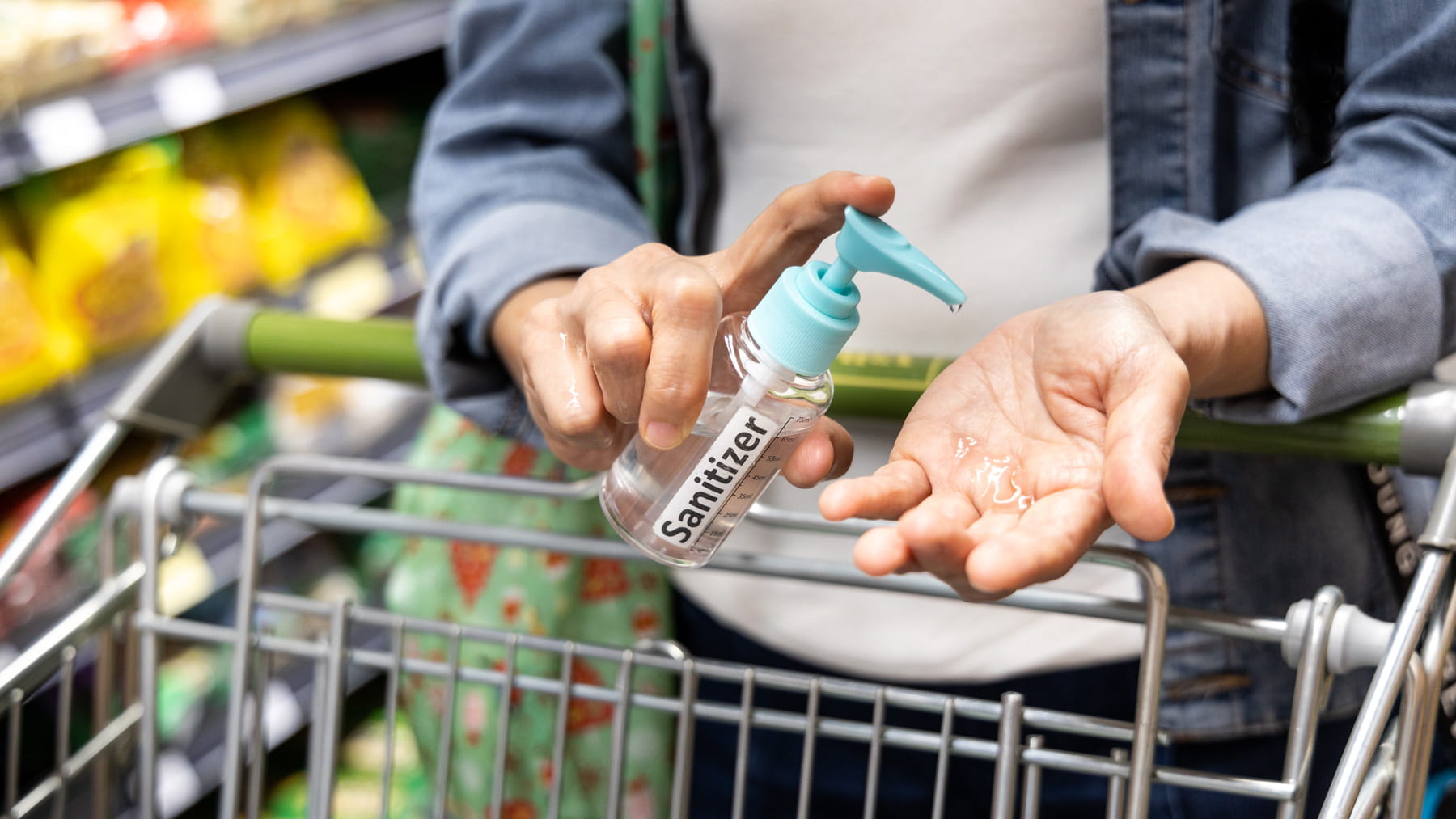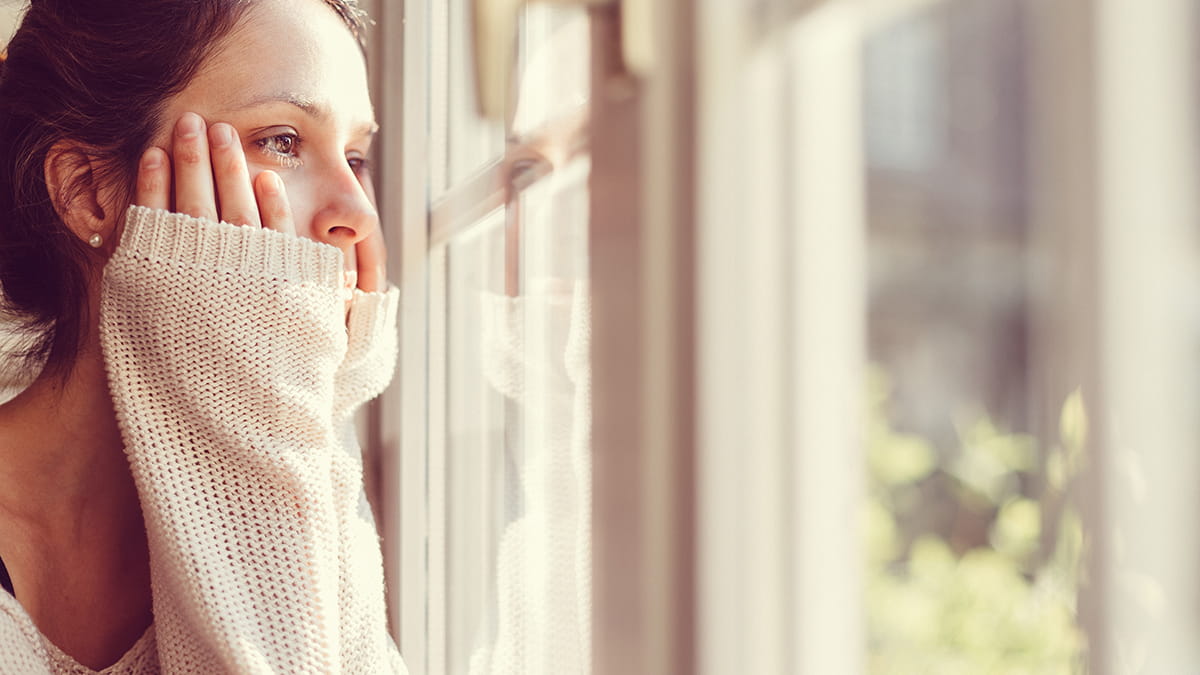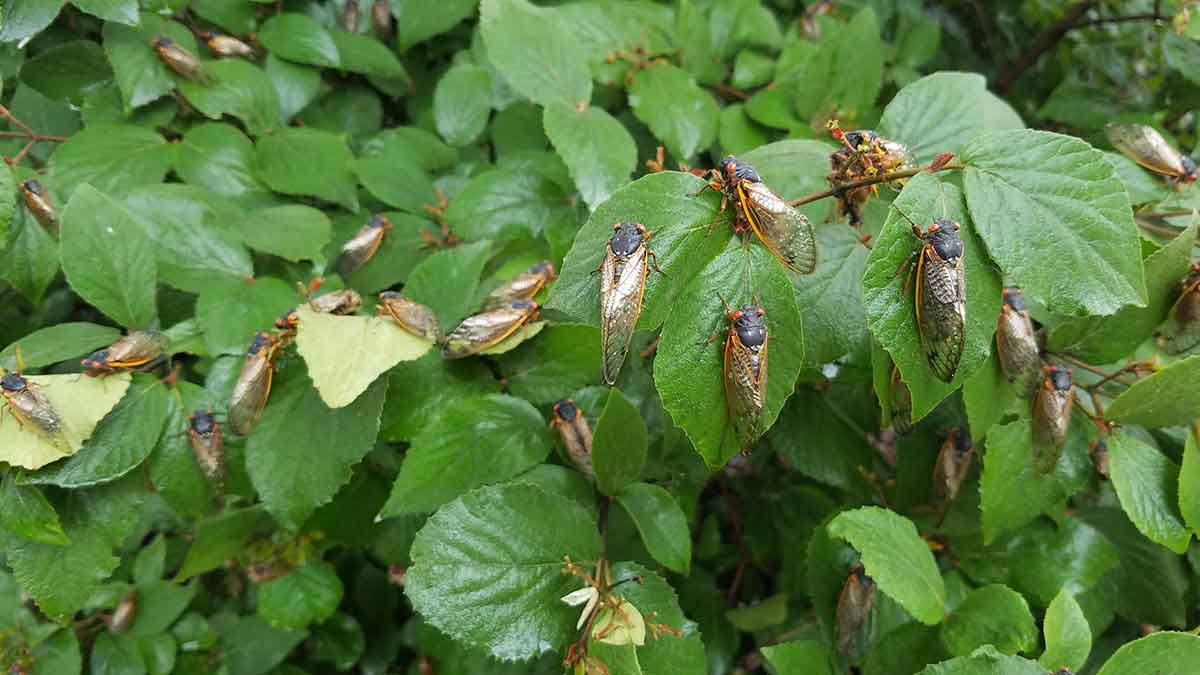Should you sanitize your groceries?

Editor’s note: As what we know about COVID-19 evolves, so could the information contained in this story. Find our most recent COVID-19 blog posts here, and learn the latest in COVID-19 prevention at the Centers for Disease Control and Prevention.
You’re sheltering in place, safely sealed inside your home.
You’ve stored enough canned and frozen food to last until Thanksgiving and, yes, that includes five cans of jellied cranberry sauce.
But now you’ve run out of milk, bread, meat and Formula 409. It’s time to venture out to the grocery store.
Once you’re home, should you launch a complete decontamination routine? Change clothes, wash your money, sanitize everything you just bought?
If it makes you feel better, do it. I think it’s important for your mental health in these uncertain times. But don’t overthink it. In fighting COVID-19, I recommend to be safe in doing what we know.I’m an environmental health scientist and engineer at The Ohio State University College of Public Health, and I don’t clean everything new I bring into my home.
After all, COVID-19 is primarily spread through close contact with an infected person and, while it’s possible for the virus to live on packaged goods and other things we bring home, you’re not as likely to catch it that way as you are by getting sneezed on.
I can understand why you might be concerned, but stick with recommended routines:
- Maintain proper physical distancing (six feet or more)
- Wash your hands frequently with soap and water
- Don’t touch your face
Before the coronavirus pandemic hit, my work focused on what happens to bacteria in an environment, mostly in water—how people are exposed to it and the likelihood of getting sick from it.
The epidemic has turned my work on its head. I’m now focusing on a pathogen I’ve never focused on before. We scientists are learning about it at the same rate as everyone else.
What we've learned about how COVID-19 spreads
We know that it spreads easily and continually, and it’s gaining momentum in our country. We know that it’s potentially deadly and that, to date, there’s no vaccine and no specific antiviral medicine to prevent or treat COVID-19. And we know that it’s here in our city. You may even know someone who’s had it and gotten sick from it.
For people living in or visiting areas where the disease is spreading, the risk of catching COVID-19 is higher.
We know that the virus spreads mainly from person-to-person, between people who are in close contact with one another (within about 6 feet).
The virus that causes COVID-19 is mainly transmitted through droplets generated when an infected person coughs, sneezes or speaks. These droplets are too heavy to hang in the air. They quickly fall on floors or surfaces.
It may be possible that a person can get COVID-19 by touching a surface or object that has the virus on it and then touching their own mouth, nose or possibly their eyes, but this isn’t thought to be the main way the virus spreads.Most important: non-porous surfaces
So, if people can get it by touching an infected surface, the most likely surface to transfer the virus is a non-porous one, like plastic or steel. The virus sits on the surface and potentially could be transferred if someone else touches it, then touches their face. A slick surface also can easily be cleaned with a disinfectant wipe.
A porous surface, like hair or fabric or cardboard, can hold the virus but not transmit it easily. The virus may die on such surfaces.
You can probably visualize some common slick surfaces—your phone, glasses, credit cards, thermometers, touch screens, plastic milk jugs, cans.
It’s not certain how long the virus that causes COVID-19 survives on surfaces, but it seems to behave like other coronaviruses. Studies suggest that coronaviruses may persist on surfaces for a few hours or up to several days. This may vary under different conditions (type of surface, temperature or humidity of the environment).
What to do if a surface may be contaminated
If you think a surface may be contaminated...
- Clean it with simple disinfectant to kill the virus and protect yourself and others.
- Clean your hands with an alcohol-based hand rub or wash them with soap and water.
- Avoid touching your eyes, mouth or nose.
However, the World Health Organization says the likelihood of an infected person contaminating commercial goods is low, and the risk of catching the virus that causes COVID-19 from a package that has been moved and exposed to different conditions and temperatures is also low.
Do what makes you feel secure, but remember to stick with the basics.
Mark Weir is co-director of the Ecology Epidemiology and Population Health program in the Infectious Disease Institute at The Ohio State University, as well as an assistant professor of environmental health sciences at the Ohio State University College of Public Health.




